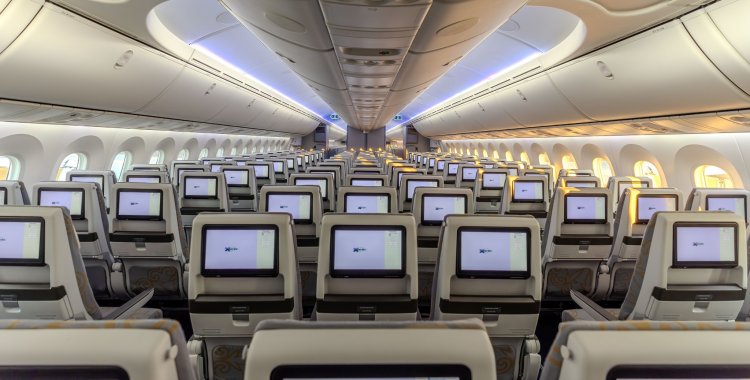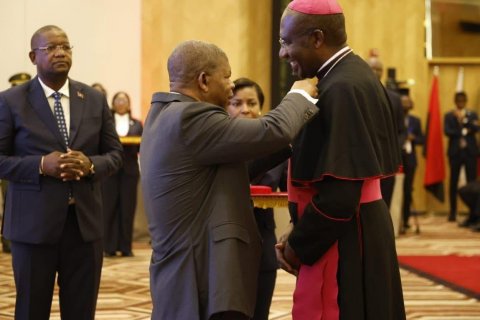João Lourenço, in a presidential decree dated 13 June, which Lusa had access to this Tuesday, states that he is revoking the decree in force since 2017, which establishes the system for granting subsidies to air fares on the route to Cabinda province, in the north of Angola.
The province of Cabinda, due to its geographical position, is a location with no land connection to the rest of Angola, "with distant and expensive alternatives", and air travel becomes the most convenient means of transport for the connection to Cabinda, "which has always guaranteed high and constant demand over the years", the authorities acknowledge.
The Minister of Finance and the Minister of Transport are delegated powers to define and approve the criteria, values, modalities and mechanisms for granting subsidies to air and sea fares on the route to Cabinda province, including the transport of accompanied or unaccompanied sea cargo to public and public-domain companies.
These government officials, the presidential decree states, must also establish the terms of the gradual transition of the subsidy from air transport to sea transport, in accordance with technically substantiated scenarios and timetables.
Setting the final fares to be borne by the passenger, as well as the amounts to be passed on to operators as tariff compensation are still among the responsibilities of the aforementioned ministerial officials.
The amount of the subsidy on the price of air and sea fares on the route to Cabinda province may be periodically reviewed, by joint executive decree of the ministers of Finance and Transport, based on the assessment of the conditions of price, demand and supply and the respective use by the beneficiary passengers, the document reads.
The President of the Republic justifies the measure now adopted by stating that the current socioeconomic context and the adoption of a prudential approach recommend a phased and planned transition, which will allow dealing with the challenges and impacts associated with the "partial reduction of the subsidy until its complete elimination, allowing for a balance between the promotion of connectivity and territorial cohesion, the guarantee that the target beneficiary is the effective beneficiary and the responsible use of public resources".
Given the geographical discontinuity of the province of Cabinda with the rest of the country, the mobility of citizens to and from the province has been the subject of complaints, especially in air connections, which are often marked by suspension and delays in flights, which has generated enormous criticism.
The average cost of a round trip to Cabinda is around 370 dollars (320 euros).
According to the most recent data from Angola's National Civil Aviation Agency (ANAC), in 2023 there were 13 regular domestic routes, with the Luanda-Cabinda-Luanda route being the domestic route with the highest frequency of weekly flights.
Of the three million passengers who travelled by air in Angola in 2023, 74 percent arrived or departed from Luanda, with Cabinda being the second most popular airport (12 percent).







